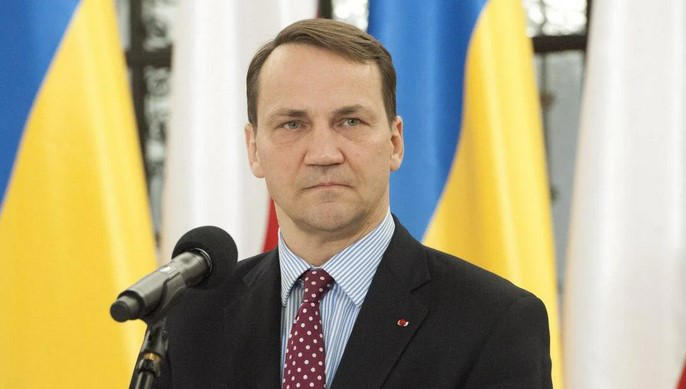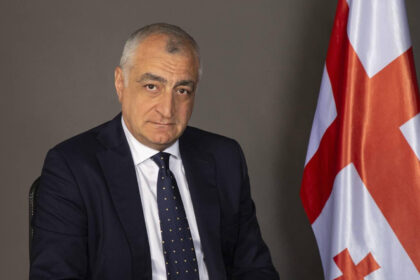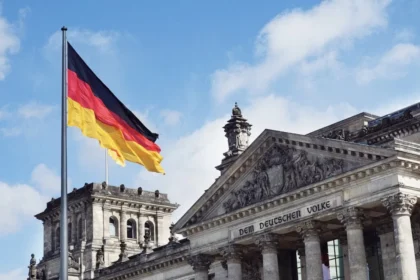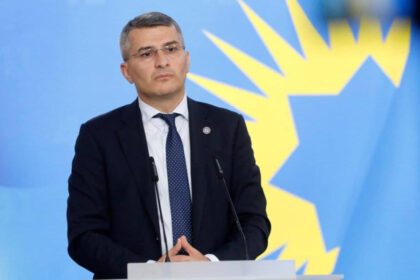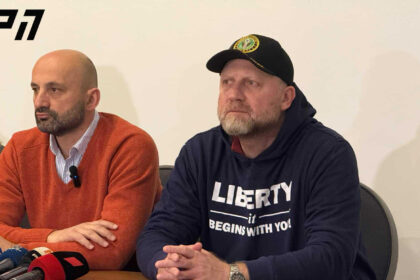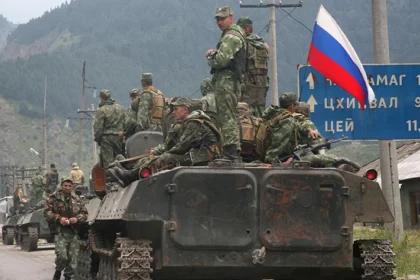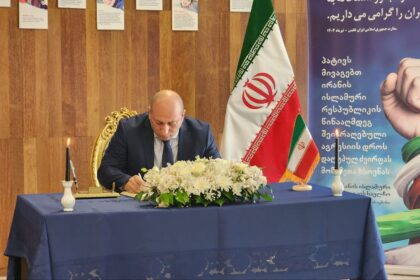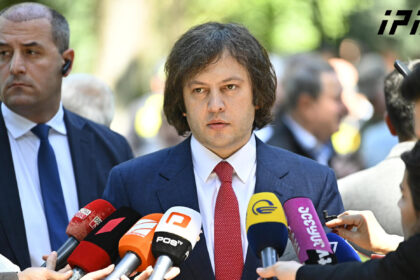**Poland Stands with Georgia’s Opposition, Demanding Justice for Persecuted**
Polish Foreign Minister Radosław Sikorski has expressed his country’s support for the EU High Representative Kaja Kallas’ policy towards Georgia. In a recent meeting with former Prime Minister Giorgi Gakharia, Sikorski was briefed on the ongoing persecution of opposition groups in Georgia.
Sikorski’s visit comes at a critical time, as tensions between the Georgian government and opposition forces continue to escalate. The Polish minister expressed hope that the Georgian government would uphold its pre-election promises, rather than perpetuating a course that distances it from Europe. He emphasized Poland’s commitment to supporting Georgia’s civil society, while urging sanctions against those responsible for the persecution.
In his comments, Sikorski drew parallels between the current situation in Georgia and the authoritarian regime he grew up under in communist Poland. He highlighted the importance of visa-free travel for Georgian citizens, citing Austria, Sweden, and West Berlin as examples of countries that provided a window to the world during difficult times. However, he stressed that restrictions should be imposed on those responsible for repressions, not on the Georgian people.
**Context and Analysis**
Georgia’s current government has faced widespread criticism for its handling of opposition groups, leading to allegations of persecution and repression. The EU High Representative Kaja Kallas’ policy aims to convince the Georgian government to change course, while supporting the country’s civil society in its European aspirations.
Poland’s stance on this issue reflects a broader commitment to promoting democracy and human rights within the EU. By supporting the EU’s policy and calling for sanctions against those responsible for repressions, Poland is sending a clear message that it will not tolerate authoritarianism or persecution of opposition forces.
Sikorski’s comments also underscore the importance of visa-free travel for Georgian citizens, highlighting the value that countries like Poland place on freedom of movement. This emphasis on people-to-people relations is a key aspect of EU foreign policy, and one that will likely continue to shape the bloc’s engagement with countries like Georgia.
**What’s Next?**
The implications of Poland’s stance are far-reaching, as they could have significant repercussions for Georgian politics and its relationship with the EU. As tensions between the government and opposition forces continue to rise, it remains to be seen whether the Georgian government will take steps to address these concerns or face further pressure from the international community.
For now, Poland’s support for Georgia’s civil society and its demands for justice for persecuted opposition groups serve as a powerful reminder of the importance of democracy, human rights, and people-to-people relations in shaping EU foreign policy.
Read More @ www.interpressnews.ge




